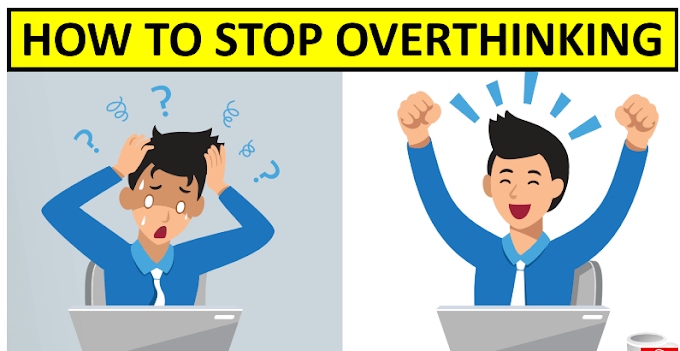Self-confidence is an important part of mental health and well-being. It can affect how you feel about yourself, how you interact with others, and how you achieve your goals. If you lack self-confidence, you may find it difficult to take risks, speak up for yourself, or put yourself out there.
There are many things you can do to improve your self-confidence. In this article, we will discuss 8 evidence-based strategies that can help you boost your self-esteem.
 |
| How to Improve Your Self Confidence |
📌TABLE OF CONTENTS
- Identify Your Strengths And Weaknesses
- Set Realistic Goals
- Take Care Of Yourself
- Challenge Negative Thoughts
- Surround Yourself With Positive People
- Practice Positive Self-talk
- Take Risks
- Seek Professional Help
1. Identify Your Strengths And Weaknesses
One of the best ways to improve your self-confidence is to identify your strengths and weaknesses. This will help you to focus on your positive qualities and to develop areas where you need improvement.
There are many different ways to identify your strengths and weaknesses. You can take a personality test, ask friends and family for their feedback, or simply reflect on your own experiences.
Once you have a good understanding of your strengths and weaknesses, you can start to focus on developing your strengths and improving your weaknesses. This will help you to feel more confident in yourself and your abilities.
2. Set Realistic Goals
Setting realistic goals is another great way to boost your self-confidence. When you achieve a goal, it gives you a sense of accomplishment and makes you feel good about yourself.
When setting goals, it is important to make sure that they are achievable. If you set goals that are too difficult, you are more likely to get discouraged and give up.
Start by setting small, achievable goals. Once you have achieved a few small goals, you can start to set larger goals.
3. Take Care Of Yourself
Taking care of yourself is essential for maintaining good self-confidence. This means eating healthy, exercising regularly, and getting enough sleep.
When you take care of yourself, you feel better physically and mentally. This can lead to increased self-confidence and a more positive outlook on life.
4. Challenge Negative Thoughts
One of the biggest obstacles to self-confidence is negative self-talk. This is when you constantly criticize yourself and focus on your flaws.
Negative self-talk can be very damaging to your self-esteem. It can make you feel worthless and incapable.
If you find yourself engaging in negative self-talk, it is important to challenge these thoughts. Ask yourself if they are really true. Are you really as bad as you think you are?
Once you have challenged your negative thoughts, you can start to replace them with more positive thoughts. This will help you to feel better about yourself and to boost your self-confidence.
5. Surround Yourself With Positive People
The people you spend time with can have a big impact on your self-confidence. If you surround yourself with negative people, they will only reinforce your negative thoughts.
On the other hand, if you surround yourself with positive people, they will help you to feel good about yourself and to boost your self-confidence.
Make an effort to spend time with people who are supportive, encouraging, and positive. These people will help you to see the best in yourself and to believe in yourself.
6. Practice Positive Self-talk
Positive self-talk is a powerful way to improve your self-confidence. This is when you focus on your positive qualities and remind yourself of your accomplishments.
Positive self-talk can be done in a variety of ways. You can write down positive affirmations, say positive things to yourself in the mirror, or simply think positive thoughts throughout the day.
The more you practice positive self-talk, the more you will start to believe in yourself. This will lead to increased self-confidence and a more positive outlook on life.
7. Take Risks
Taking risks is another great way to boost your self-confidence. When you take risks, you are stepping outside of your comfort zone and challenging yourself.
This can be scary at first, but it is also very rewarding. When you successfully take a risk, it gives you a sense of accomplishment and makes you feel good about yourself.
Start by taking small risks. As you get more comfortable with taking risks, you can start to take larger risks.
8. Seek Professional Help
If you are struggling with low self-confidence, it is important to seek professional help. A therapist can help you to identify the root of your low self-confidence and to develop strategies to improve it.
There is no shame in seeking professional help. In fact, it is a sign of strength and courage.


.jpg)




